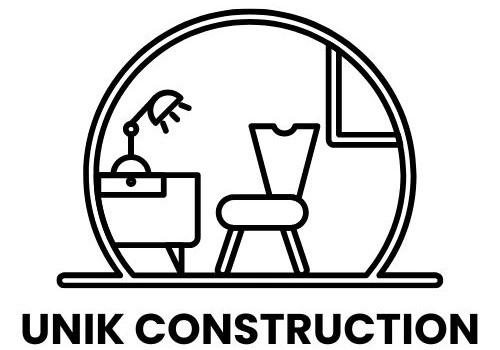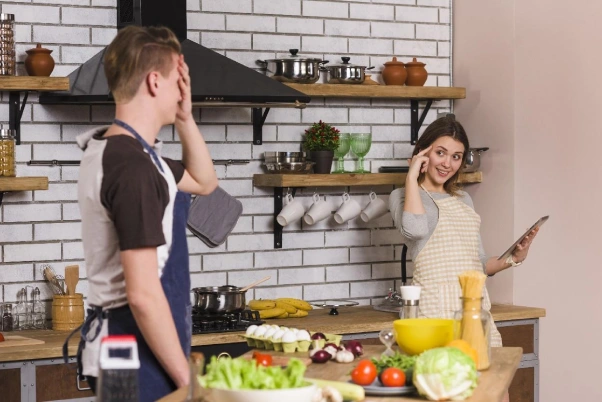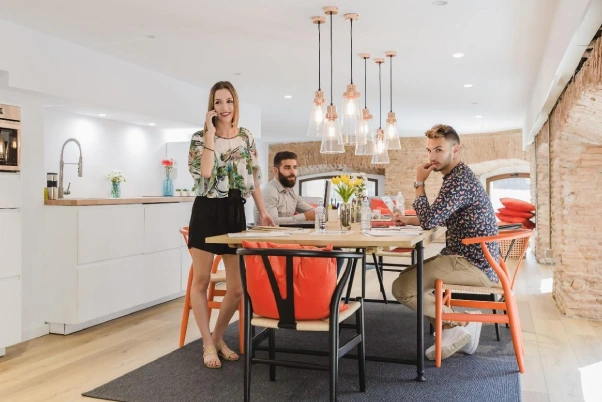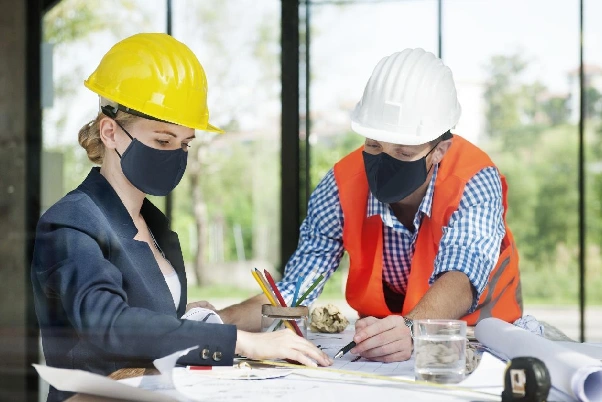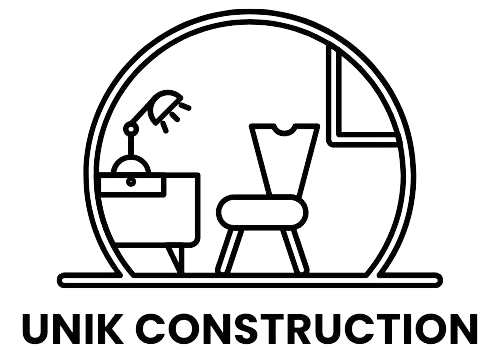Upgrading your flooring is one of the fastest ways to refresh your home’s look and feel. New floors can make a space more inviting, improve durability, and even boost resale value. But before you pull the trigger, the first question is always: “How much does it cost to install new flooring?”
The truth? It depends. Flooring installation costs vary depending on the material, room size, labor rates, and the condition of your subfloor. Think of it like starting a new mission; you can choose your gear, your allies, and your strategy, but each decision comes with its own price tag. Skimp in the wrong place, and you may face hidden costs later.
This guide breaks down flooring costs room by room so you can plan your budget, avoid surprises, and choose the best option for your home.
Table of Contents
ToggleMaterials vs. Labor: The Two Core Costs
Every flooring project has two major expenses: materials and labor.
- Materials: This is the flooring itself—wood planks, vinyl, tile, or carpet. Prices are measured per square foot.
- Hardwood: $6–$12
- Engineered wood: $4–$8
- Laminate: $2–$4
- Luxury Vinyl Plank (LVP): $3–$7
- Tile: $2–$20
- Carpet: $1–$5
- Hardwood: $6–$12
- Labor: The cost to install flooring ranges from $2–$10 per square foot, depending on material and complexity.
- Laminate and carpet = quick, lower cost.
- Tile and hardwood = detailed, higher cost.
- Complex layouts or intricate patterns = more labor hours.
- Laminate and carpet = quick, lower cost.
Sometimes, large projects are billed hourly, ranging from $50–$100 per hour.
Pro tip: If you’re comparing quotes, make sure the estimate clearly separates materials and labor. That way, you know where your money is going.
The Living Room: High Investment
Your living room is the “main hub” of your home, so it needs flooring that looks good and withstands daily use.
For a 200 sq. ft. living room:
- Hardwood floors: $2,000–$3,600 total
- Luxury Vinyl Plank (LVP): $1,000–$2,800 total
- Carpet: $600–$1,000 total
Furniture moving, odd room shapes, or open layouts may add to the labor cost. But investing in durable flooring here pays off—your living room often sets the tone for your entire house.
The Kitchen: Durable & Water-Resistant Choices
Kitchens are high-stress zones with spills, heavy appliances, and constant activity. That means you’ll need flooring that’s tough and waterproof.
For a 150 sq. ft. kitchen:
- Vinyl plank (LVP): $1,050–$2,550 total
- Tile flooring: $1,200–$3,000 total
Tile requires more time for cutting, grouting, and leveling, which explains the higher labor cost. Moving appliances like fridges or dishwashers also increases the bill.
Pro tip: If you want the look of tile but at a lower cost, LVP with a stone-look finish is an excellent compromise.
The Bathroom: Small Space, Big Challenge
Bathrooms are tricky. The small space may seem budget-friendly, but water resistance and tight corners make installation labor-intensive.
For a 50 sq. ft. bathroom:
- Vinyl flooring: $500–$950 total
- Tile flooring: $600–$1,500 total
Labor is higher per square foot because installers must cut around toilets, tubs, and vanities. And if your subfloor has water damage (a common issue in bathrooms), that adds even more to the cost.
Bedrooms: Budget-Friendly Options
Bedrooms get less foot traffic, so you can prioritize comfort and savings.
For a 150 sq. ft. bedroom:
- Carpet: $450–$900 total
- Laminate: $600–$1,000 total
- Engineered wood or hardwood: $1,200+ total
Carpet remains the most popular choice thanks to its warmth and comfort. Laminate is a smart pick for kids’ rooms because it’s durable and affordable. Hardwood or engineered wood adds long-term value, especially for master bedrooms.
The Final Level: Hidden & Extra Costs
Don’t forget the “bonus” costs that come with flooring projects. These can turn a good estimate into an expensive surprise if you don’t plan.
- Old flooring removal: $1–$2 per sq. ft.
- Subfloor prep: Fixing uneven or damaged subfloors can add hundreds.
- Furniture moving: Some contractors charge extra for large items.
- Finishing touches: Transition strips, baseboards, and molding = a few hundred more.
Pro tip: Always ask your contractor if these items are included in the quote or billed separately.
DIY vs. Professional Installation
Some homeowners wonder: “Can I save money by installing the flooring myself?”
- DIY savings: You may save $2–$10 per square foot in labor.
- DIY risks: Mistakes can lead to uneven floors, gaps, water leaks, or costly repairs. Materials like laminate and carpet are more DIY-friendly, while tile and hardwood require experience and precision.
We have seen many “weekend projects” that ended up costing homeowners double because of mistakes. Professional installation ensures your floors look great, last longer, and meet warranty requirements.
Flooring Cost Comparisons: Which Option Fits Your Budget?
Here’s a quick breakdown of average costs per square foot (materials + labor):
- Carpet: $3–$6 (budget-friendly)
- Laminate: $4–$7 (affordable, durable)
- Vinyl plank (LVP): $5–$10 (versatile, waterproof)
- Engineered wood: $6–$12 (stylish, mid-range)
- Hardwood: $8–$18 (premium choice)
- Tile: $7–$20+ (durable, design flexibility)
Rule of thumb: Carpet is the affordable upfront, while hardwood and tile offer the best resale value.
The Bottom Line
The cost to install new flooring varies widely, but homeowners typically spend $600–$3,600 per room, depending on size, material, and labor. While budget options like carpet and laminate are affordable, premium materials like hardwood and tile add long-term value and beauty.
The key is balancing material quality with skilled installation. Choosing the cheapest option may save money upfront, but a poor install or low-quality material could mean paying more later.
Ready to Upgrade Your Floors?
At Unik Construction, we make flooring upgrades stress-free and cost-effective. Our experienced team helps you pick the right material for your space and installs it with precision and care.
- Transparent, detailed estimates
- Skilled installers with years of experience
- Projects delivered on time and within budget
Whether you’re dreaming of cozy carpet for your bedroom, waterproof vinyl for your kitchen, or timeless hardwood for your living room, we’re here to make it happen.
Contact Unik Construction today for a consultation and flooring estimate. Let’s turn your flooring vision into reality.
FAQs (Frequently Asked Questions)
Q: What is the most affordable flooring option?
A: Carpet is usually affordable. For hard surfaces, laminate and vinyl plank are cost-effective choices.
Q: How much does it cost to replace flooring in an entire house?
A: For a 1,000 sq. ft. home, the cost can range from $3,000 (budget carpet) to $18,000+ (hardwood or tile).
Q: Is it worth investing in hardwood floors?
A: Yes, hardwood adds significant resale value, especially in living rooms and master bedrooms.
